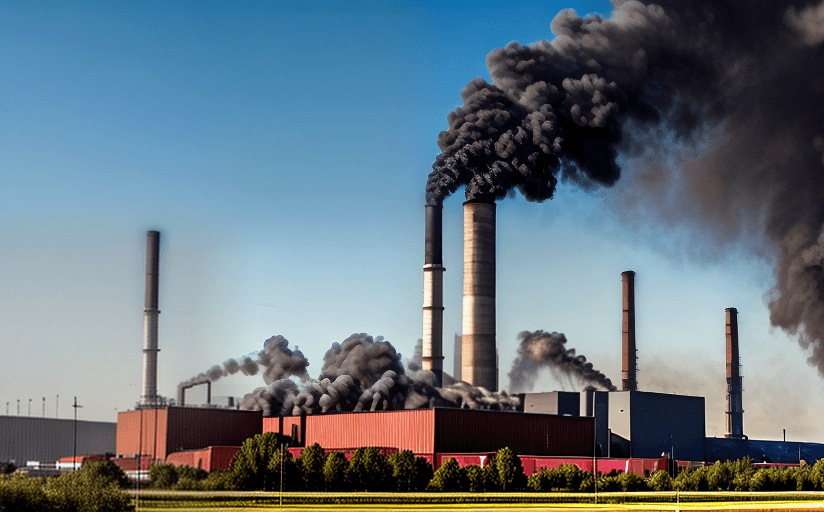Exploring The Negative Environmental Impacts of Industrialization
Industrialization has had a significant impact on the environment due to the large amounts of pollutants and emissions that have been released into the atmosphere. Many different industries contribute to environmental degradation and the consequences of this degradation can be far-reaching, with serious implications for human health and the planet's future. In this article, we will explore the negative environmental impacts of industrialization, how different industries contribute to environmental degradation, and the potential solutions to reduce industrial pollution.
Industrial Pollutants and Emissions
Industrialization has caused a dramatic increase in the amount of pollutants and emissions released into the atmosphere. This includes pollutants such as sulfur dioxide, nitrogen oxides, and particulate matter, which can have serious implications for human health and the environment. Particulate matter can cause respiratory and cardiovascular diseases, while nitrogen oxides and sulfur dioxide can lead to acid rain and smog. Additionally, industrial pollutants can contribute to climate change and global warming, as well as decrease air quality.
Industry's Contribution to Environmental Degradation
The energy sector is one of the biggest contributors to environmental degradation due to the large amounts of carbon dioxide and other greenhouse gases that are emitted during the production of energy. Other industries such as agriculture, transportation, and manufacturing also contribute to environmental degradation through the release of pollutants and emissions. For example, agricultural activities can lead to soil and water pollution, while transportation can lead to air pollution.
Consequences of Industrial Pollution
The consequences of industrial pollution are far-reaching and can have serious implications for human health and the environment. Air pollution can cause respiratory and cardiovascular diseases, as well as lead to acid rain, smog, and climate change. Water pollution can have a devastating effect on aquatic ecosystems, leading to the death of fish and other organisms. Soil pollution can lead to the contamination of food and water supplies, and land degradation.
Potential Solutions to Reduce Industrial Pollution
There are a number of potential solutions to reduce industrial pollution and protect the environment. Governments, businesses, and citizens can all play an important role in protecting the environment. Governments can introduce regulations and incentives to encourage businesses to reduce their emissions and use more sustainable practices. Businesses can implement green practices such as recycling and energy efficiency, and citizens can reduce their own consumption of resources and become more educated about environmental issues.
It is clear that industrialization has had a significant impact on the environment, with serious consequences for human health and the planet's future. However, with the right solutions in place, we can reduce industrial pollution and protect the environment for future generations.




















Comments
Leave a Comment